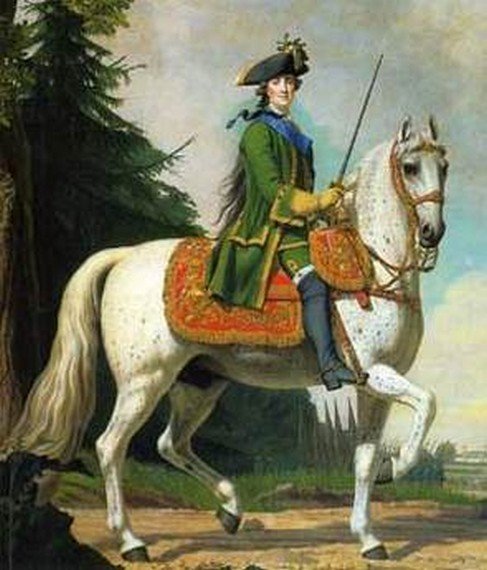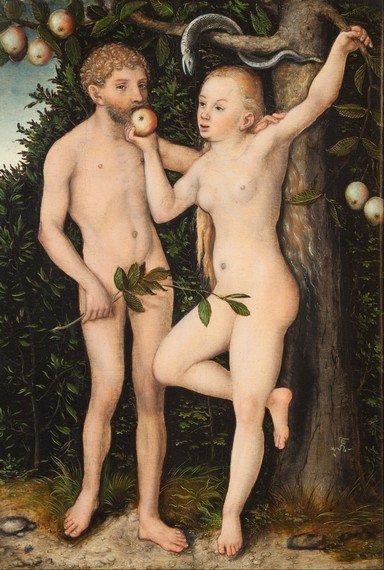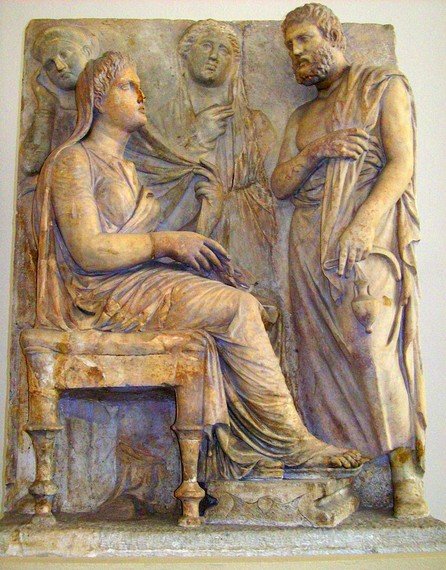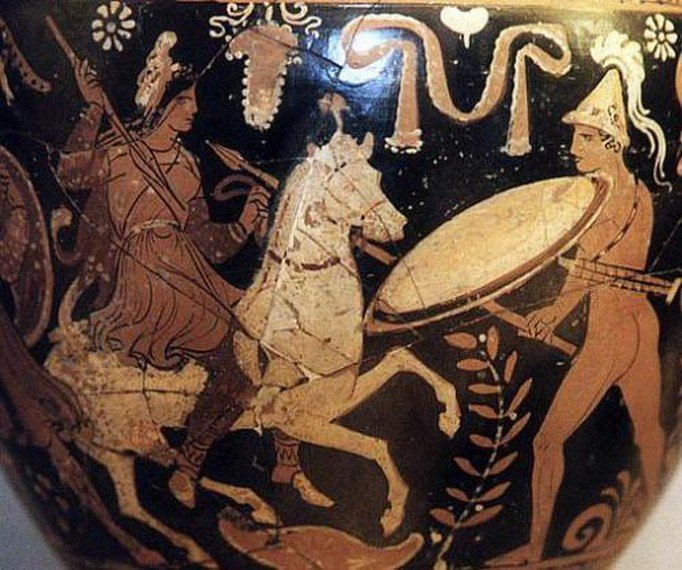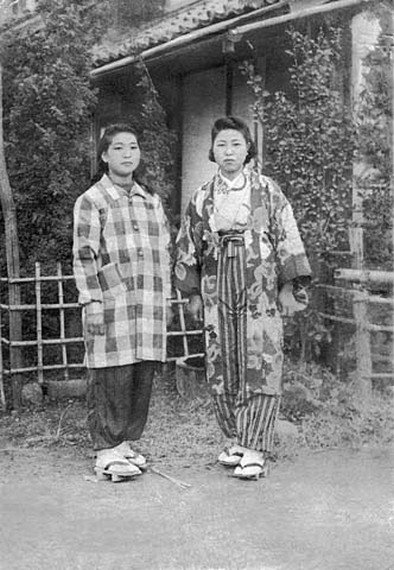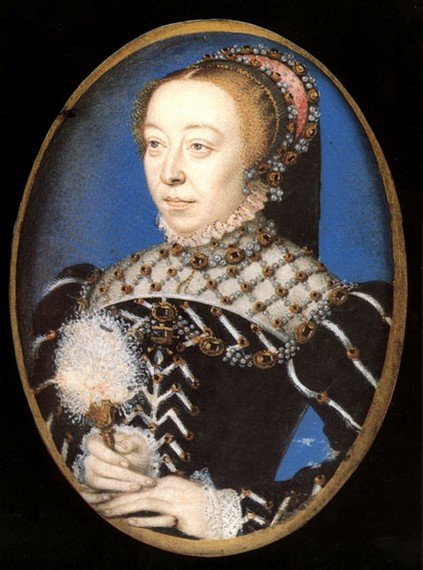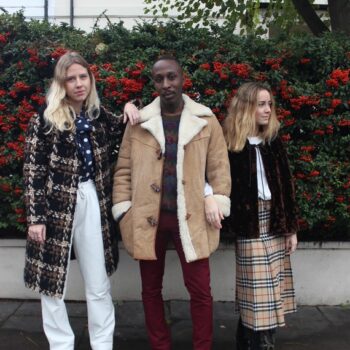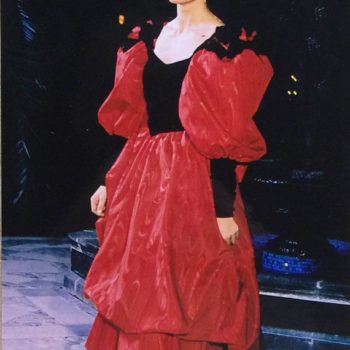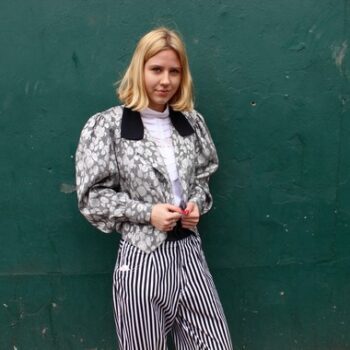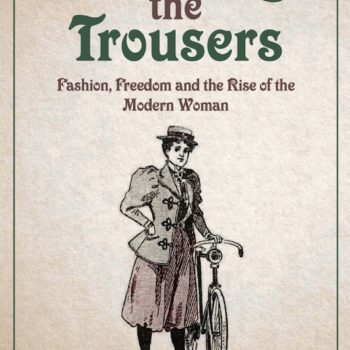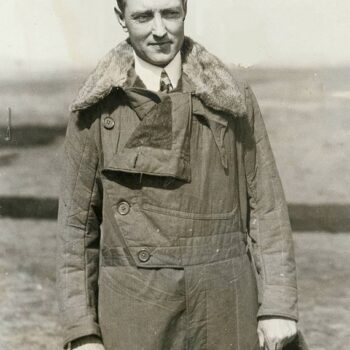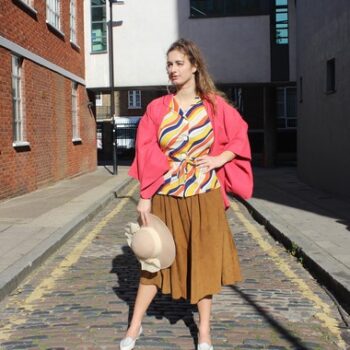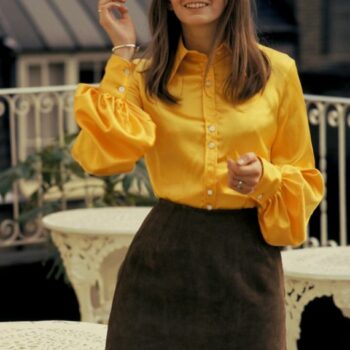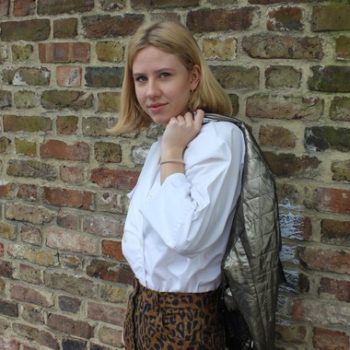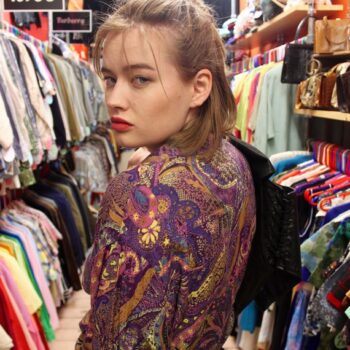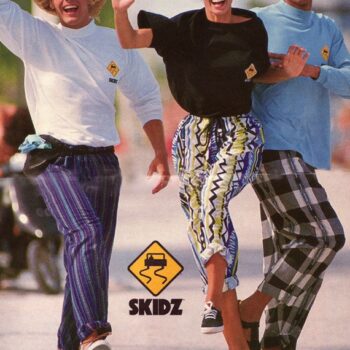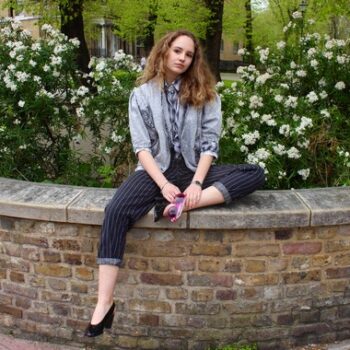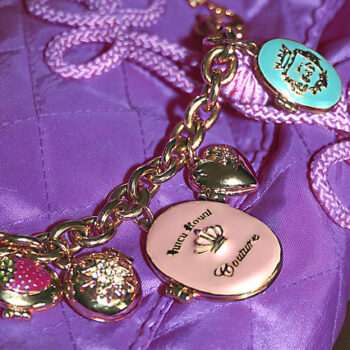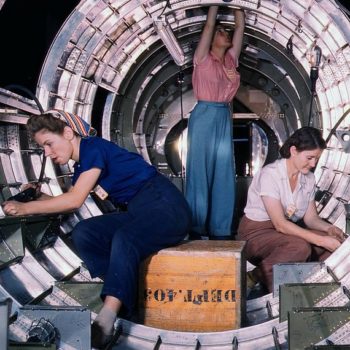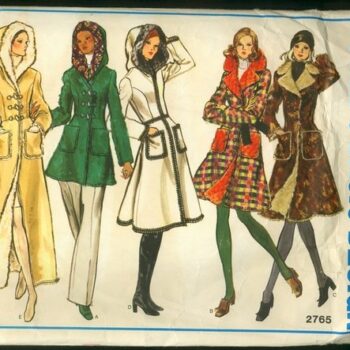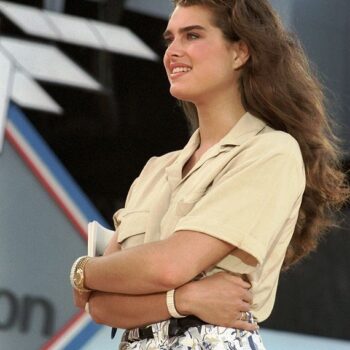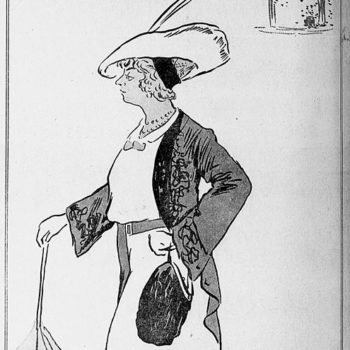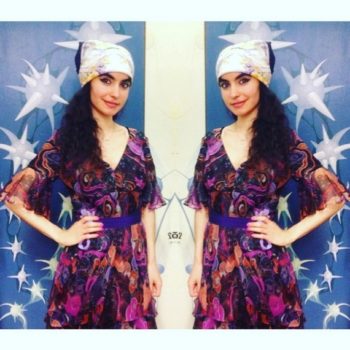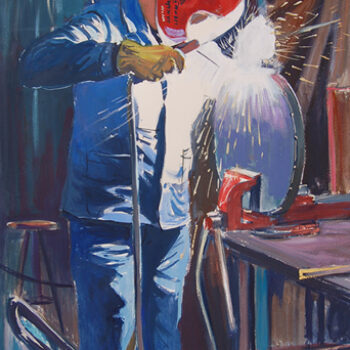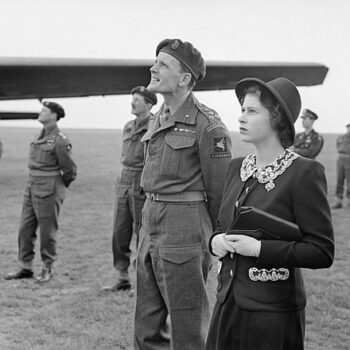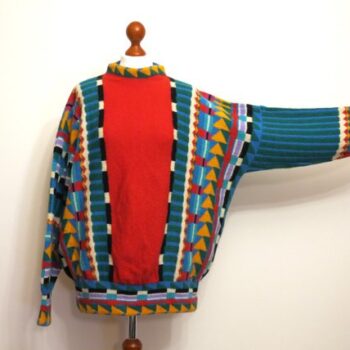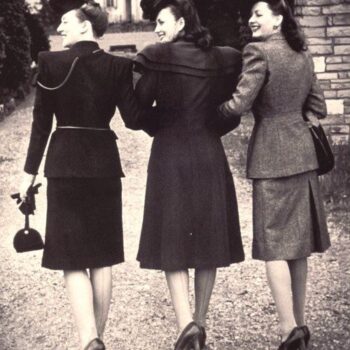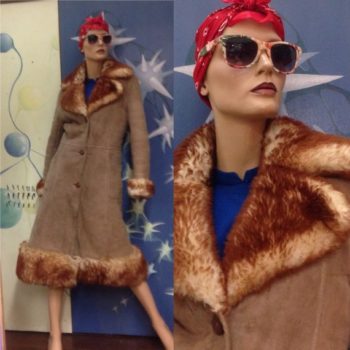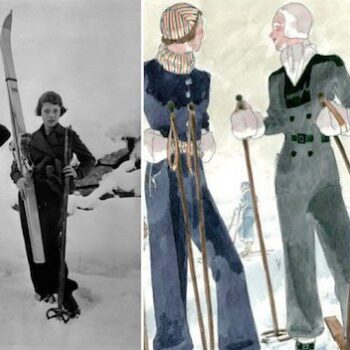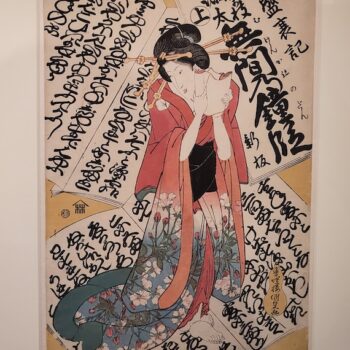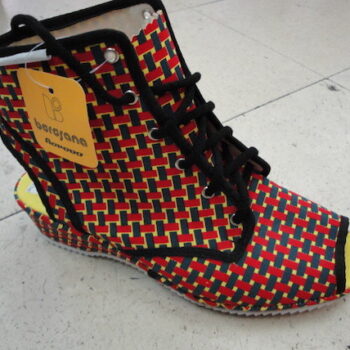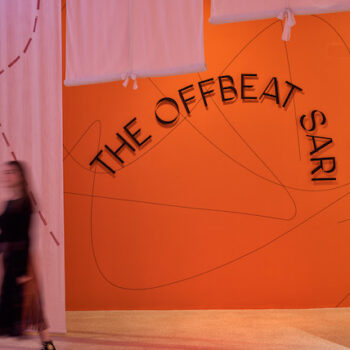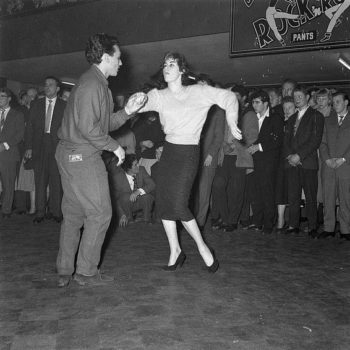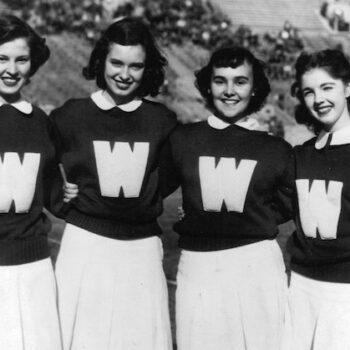Women in Trousers Part 1
December 7, 2014Women in Trousers Part 1– Fashion and PracticalityDeuteronomy 22:5
A woman must not wear men’s clothing, nor a man wear women’s clothing, for the Lord your God detests anyone who does this.It’s funny to think that God has an opinion on fashion. After all, wasn’t it when Adam and Eve experimented with fig leaves and God decided it wasn’t a good look that things started to go wrong in Paradise? I think a unisex nakidity was originally his preference.
Women in Trousers In Ancient Times
However, throughout history male and female clothing has generally been at least slightly different, whatever the prevailing style. Although a modern eye used to seeing women in dresses and men in trousers might find it difficult to spot, togas sport a particular drape for a man or a woman, tunics are of different lengths, and coats might fasten on the opposite side.
But when men’s clothing was of a more practical bent than women’s (which was not always the case), women all over the world, from princesses to peasants, have rarely hesitated in pinching male garb if it suits them.
For example, baggy trousers were worn by warriors and hunters of the Persian Empire (557-330 BC) beneath caftans – and Persian princesses were excellent horse riders, and loved to hunt too. They wore a similar costume to men, and so did their female attendants.
Female Japanese farm workers would never consider doing tough field work dressed in restrictive kimono. Beneath layers of aprons, jackets, and robes, they have always traditionally worn different kinds of trousers, from the baggy “mompe” style still popular today to tight leggings. More than 300 historical variations on mompe have been recorded, showing it was not just a passing fad.
And there is a portrait of Catherine II of Russia (1729-1796) on horseback, wearing a fine ensemble of gold braided frock coat, tricorn hat, breeches and riding boots.
So trousers, pants, breeches, leggings – whatever you want to call them, a divided leg covering is not only a man’s garment and never has been. It can be warm, practical, and comfortable.It can also be highly fashionable, and rendered both sexy and beautiful.
Women in Trousers – Catherine de Medici
The French queen Catherine de Medici (1519-1589), who was said to be always exquisitely dressed, liked to show her beautiful legs “sometimes with beautiful leggings of gold or silver cloth or some other fabric, very smartly and properly fashioned, which she would usually wear” (Vie des Dames Illustres, Pierre de Bourdeille, c 1854).And of course, these days we don’t blink at seeing fabulous or humdrum, sexy or commonsensical trousers on women of all walks of life.
But, just like a flag is not just a piece of coloured cloth, but stands for a country’s values, history and pride, sometimes a pair of trousers is not just a thing to put on your legs.



